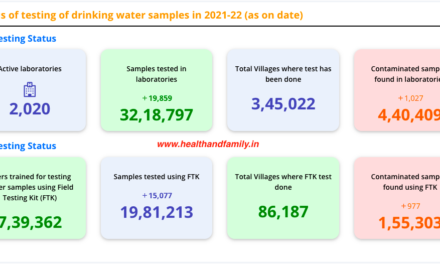A new study published in JAMA Dermatology reveals that high consumption of ultra-processed foods (UPFs) is associated with an increased likelihood of active psoriasis, a chronic inflammatory skin disease.
Understanding Psoriasis
Psoriasis is a complex condition influenced by genetic, immune, and environmental factors. It manifests as scaly, red patches on the skin and is linked to systemic inflammation. Diet plays a significant role in managing inflammatory conditions, with processed foods often blamed for exacerbating inflammation. UPFs, which contain high levels of sugars, fats, and artificial additives, have been associated with diseases like obesity, diabetes, and cardiovascular conditions—many of which share inflammatory pathways with psoriasis.
Study Overview
The cross-sectional study analyzed data from the NutriNet-Santé cohort collected from November 2021 to June 2022. Researchers examined dietary patterns and psoriasis status in 18,528 participants aged 15 and older, categorizing them into groups of active psoriasis, nonactive psoriasis, or no history of the condition. Participants’ UPF intake was measured and grouped into tertiles, with the highest tertile consuming the most UPFs.
Key demographic and clinical factors—including body mass index (BMI), lifestyle habits, and comorbidities like cardiovascular disease and diabetes—were accounted for in the analysis. Ethical approval was obtained, and participants gave informed consent.
Key Findings
- Active Psoriasis and UPFs: Those in the highest tertile of UPF consumption were 36% more likely to have active psoriasis compared to those in the lowest tertile, even after adjusting for confounding factors like BMI and age.
- Demographics: Active psoriasis was more prevalent in men and individuals with higher rates of obesity and comorbidities, such as cardiovascular disease and diabetes.
- Comorbidities: Active psoriasis was linked to a higher prevalence of inflammatory conditions, including rheumatism and diabetes, compared to those without the disease.
- Independent Role of UPFs: The association between UPFs and active psoriasis remained significant even when adjusting for obesity, suggesting a direct link between UPF intake and inflammation driving psoriasis activity.
Implications
The findings underscore the potential role of dietary habits in managing psoriasis. By reducing UPF consumption, individuals with psoriasis may alleviate inflammation and disease activity. Researchers also highlighted the importance of integrating dietary counseling into psoriasis management strategies.
Next Steps
While the study sheds light on the role of UPFs in active psoriasis, further research is needed to explore causal relationships and the underlying mechanisms. Dermatologist-validated diagnoses and longitudinal data could help clarify these associations.
Takeaway
This research reinforces the growing evidence that diet, particularly the consumption of ultra-processed foods, plays a crucial role in inflammatory diseases. People with psoriasis may benefit from adopting dietary patterns low in UPFs to improve their condition and overall health.
Journal Reference:
Penso, L., Touvier, M., Srour, B., et al. (2024). Ultraprocessed Food Intake and Psoriasis. JAMA Dermatology. doi:10.1001/jamadermatol.2024.4832












